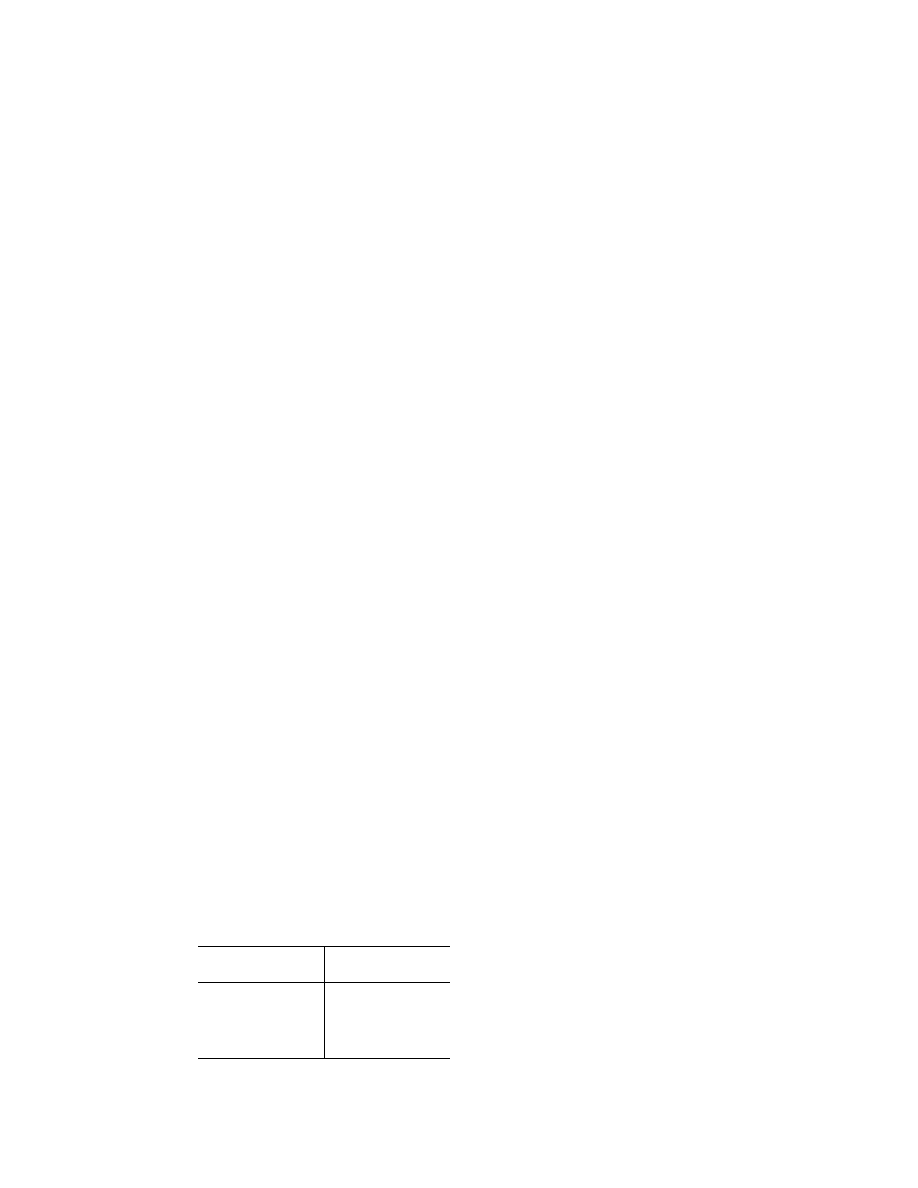
721
Federal Aviation Administration, DOT
§ 33.76
that compliance with the requirements
has been established with the device
functioning.
(5) Objects that are accepted by the
Administrator may be substituted for
birds when conducting the bird inges-
tion tests required by paragraphs (b),
(c) and (d) of this section.
(6) If compliance with the require-
ments of this section is not estab-
lished, the engine type certification
documentation will show that the en-
gine shall be limited to aircraft instal-
lations in which it is shown that a bird
cannot strike the engine, or be in-
gested into the engine, or adversely re-
strict airflow into the engine.
(b)
Large single bird.
Compliance with
the large bird ingestion requirements
shall be in accordance with the fol-
lowing:
(1) The large bird ingestion test shall
be conducted using one bird of a weight
determined from Table 1 aimed at the
most critical exposed location on the
first stage rotor blades and ingested at
a bird speed of 200-knots for engines to
be installed on airplanes, or the max-
imum airspeed for normal rotorcraft
flight operations for engines to be in-
stalled on rotorcraft.
(2) Power lever movement is not per-
mitted within 15 seconds following in-
gestion of the large bird.
(3) Ingestion of a single large bird
tested under the conditions prescribed
in this section may not result in any
condition described in § 33.75(g)(2) of
this part.
(4) Compliance with the large bird in-
gestion requirements of this paragraph
may be shown by demonstrating that
the requirements of § 33.94(a) constitute
a more severe demonstration of blade
containment and rotor unbalance than
the requirements of this paragraph.
T
ABLE
1
TO
§ 33.76—L
ARGE
B
IRD
W
EIGHT
R
EQUIREMENTS
Engine Inlet Throat Area
(A)—Square-meters (square-
inches)
Bird weight kg. (lb.)
1.35 (2,092)>A .......................
1.85 (4.07) minimum, unless
a smaller bird is deter-
mined to be a more severe
demonstration.
1.35 (2,092)
≤
A<3.90 (6,045)
2.75 (6.05)
3.90 (6,045)
≤
A .......................
3.65 (8.03)
(c)
Small and medium flocking bird
Compliance with the small and me-
dium bird ingestion requirements shall
be in accordance with the following:
(1) Analysis or component test, or
both, acceptable to the Administrator,
shall be conducted to determine the
critical ingestion parameters affecting
power loss and damage. Critical inges-
tion parameters shall include, but are
not limited to, the effects of bird speed,
critical target location, and first stage
rotor speed. The critical bird ingestion
speed should reflect the most critical
condition within the range of airspeeds
used for normal flight operations up to
1,500 feet above ground level, but not
less than V
1
minimum for airplanes.
(2) Medium bird engine tests shall be
conducted so as to simulate a flock en-
counter, and will use the bird weights
and quantities specified in Table 2.
When only one bird is specified, that
bird will be aimed at the engine core
primary flow path; the other critical
locations on the engine face area must
be addressed, as necessary, by appro-
priate tests or analysis, or both. When
two or more birds are specified in Table
2, the largest of those birds must be
aimed at the engine core primary flow
path, and a second bird must be aimed
at the most critical exposed location
on the first stage rotor blades. Any re-
maining birds must be evenly distrib-
uted over the engine face area.
(3) In addition, except for rotorcraft
engines, it must also be substantiated
by appropriate tests or analysis or
both, that when the full fan assembly
is subjected to the ingestion of the
quantity and weights of bird from
Table 3, aimed at the fan assembly’s
most critical location outboard of the
primary core flowpath, and in accord-
ance with the applicable test condi-
tions of this paragraph, that the engine
can comply with the acceptance cri-
teria of this paragraph.
(4) A small bird ingestion test is not
required if the prescribed number of
medium birds pass into the engine
rotor blades during the medium bird
test.
(5) Small bird ingestion tests shall be
conducted so as to simulate a flock en-
counter using one 85 gram (0.187 lb.)
bird for each 0.032 square-meter (49.6
square-inches) of inlet area, or fraction
VerDate Sep<11>2014
12:50 Apr 30, 2019
Jkt 247046
PO 00000
Frm 00731
Fmt 8010
Sfmt 8010
Y:\SGML\247046.XXX
247046
spaschal on DSK3GDR082PROD with CFR